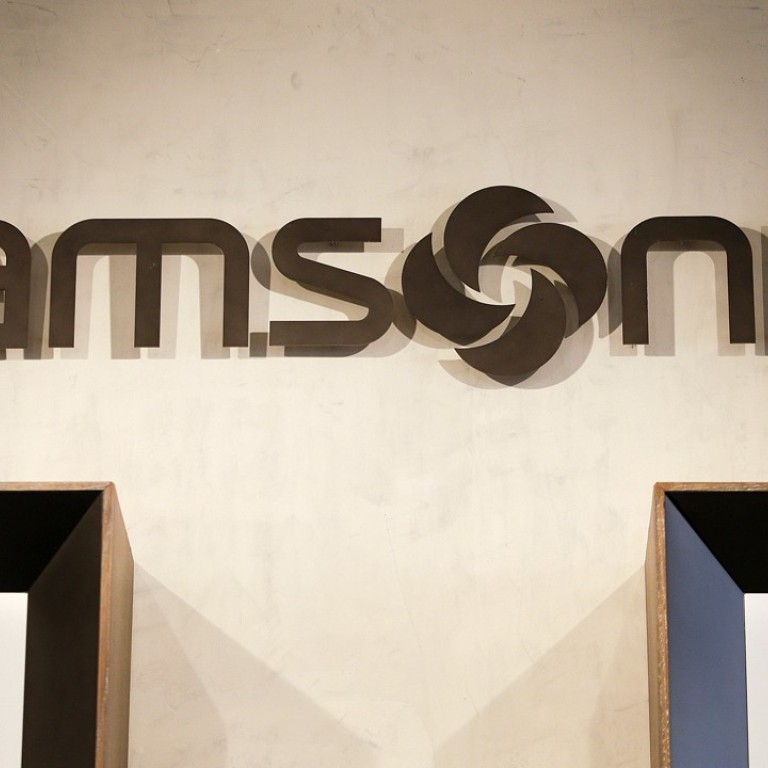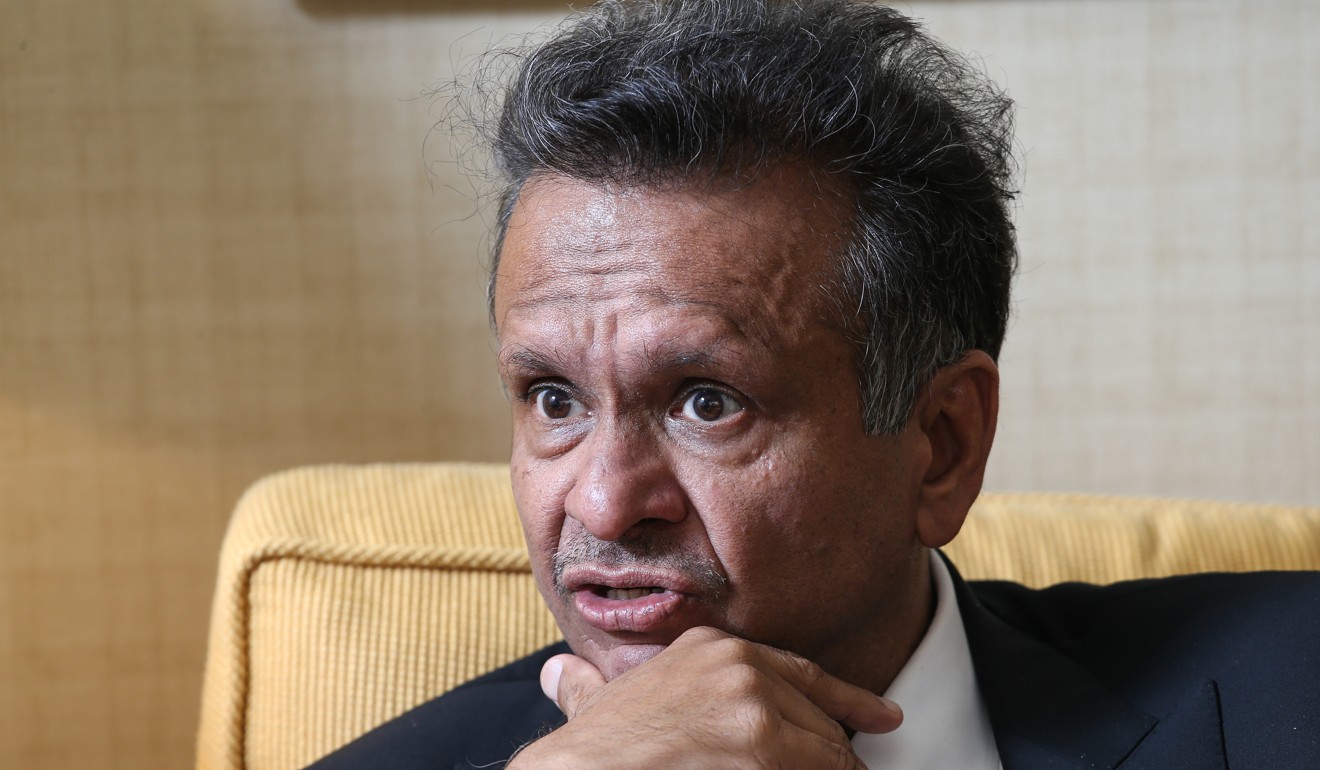
Samsonite CEO Ramesh Tainwala steps down after short-seller attack
Company repeats view that report by Blue Orca capital was misleading, and issues point-by-point rebuttal of accusations
Samsonite, the world’s biggest luggage maker, has replaced its CEO, Ramesh Tainwala, after an activist investor accused him of lying about his academic background.
The company’s shares plummeted last week and were later suspended after US short-seller Blue Orca Capital made that allegation and also accused Samsonite of “questionable accounting practises” and poor corporate governance.
News of Tainwala’s departure sent Samsonite’s shares up 10 per cent in Hong Kong when they resumed trading on Friday, recovering virtually all the ground they lost when Blue Orca’s report caused the shares to fall a total of 21 per cent on May 24 and 25.

“The board thanks Ramesh for his dedication and many contributions to the success of Samsonite over the years,” said Timothy Parker, chairman of the company, in the statement. “While the board notes that since the company’s IPO in 2011, its disclosure of Ramesh’s educational background has been accurate, the board also takes seriously the allegation that has been made about his academic credentials. Ramesh tendered his resignation, citing personal reasons.”
Analysts praised the decision. Brokerage CLSA upgraded the company’s stock to “buy” after the news.
“We believe this shows that the board maintains a high level of integrity and is prepared to take the proper action to limit any further impact,” said Mariana Kou, head of China education and Hong Kong consumer analysis at CLSA.
Tainwala, 57, became CEO of Samsonite on October 1, 2014, and earned around US$5.7 million a year, according to Bloomberg.
Also in its Friday statement, Samsonite repeated its comments from last week that the Blue Orca report was one-sided and misleading, and gave point by point responses to the accusations in it.
It said the short seller had confused “trade payables” with “trade and other payables” in the financial statements, with the latter including accrued expenses and other payables, which added up to US$138.7 million as of August 1, 2016. This was in response to Blue Orca’s point that the company had inflated the balance of payables for its Tumi luggage brand to US$139 million so that it could artificially boost margins.
Meanwhile, the company also said the auditor it used in India had not changed, after Blue Orca said Samsonite India had had three auditors in three years.
Shares in Samsonite had fallen 12 per cent when the report came out on May 24 accusing the luggage maker of inflating profit margins and concealing slower growth through debt-fuelled acquisitions. The report also called for more auditing oversight on transactions involving companies owned by Tainwala and his family.
The company issued a short statement the same day, with Parker saying he had “full confidence” in Tainwala. The shares resumed trading the next day, but the stock fell further.
Gendreau, the new CEO, served as Samsonite’s chief financial officer since January 2009, having joined in June 2007 as vice-president of corporate finance and assistant treasurer.
The Massachusetts-based firm is among a handful of foreign companies that chose to list in Hong Kong,
Founded by US trunk maker Jesse Shwayder in Denver, Colorado, in 1910, Samsonite owns brands including Tumi and American Tourister. It derives 40 per cent of its sales from the US, and also sells widely in Asia, Europe and Latin America.
The company reported robust first-quarter results, with sales rising 21.1 per cent to US$888.2 million. Net profit increased 18.6 per cent to US$43.9 million while net annual income was US$334.3 million for 2017, a 30.7 per cent increase from 2016.

